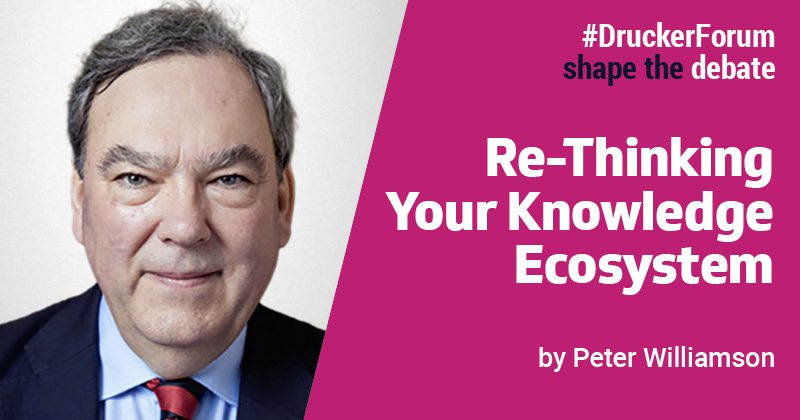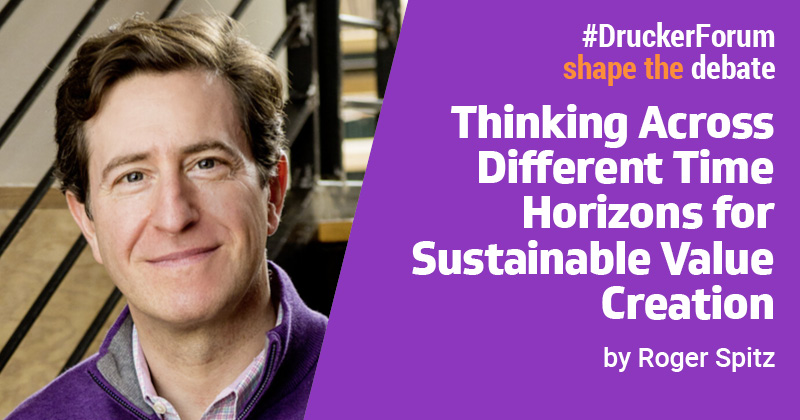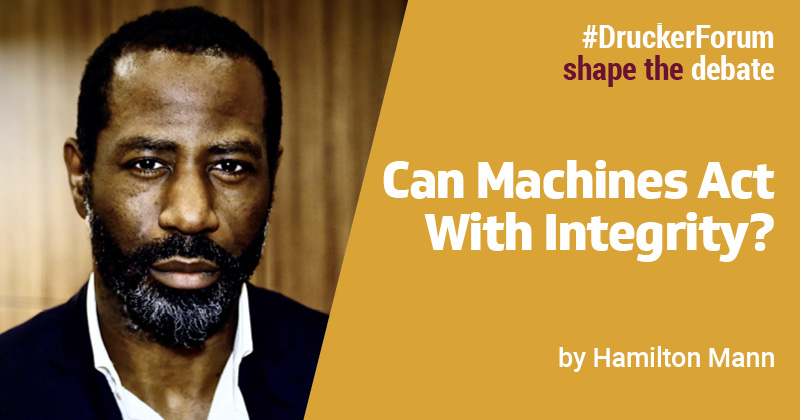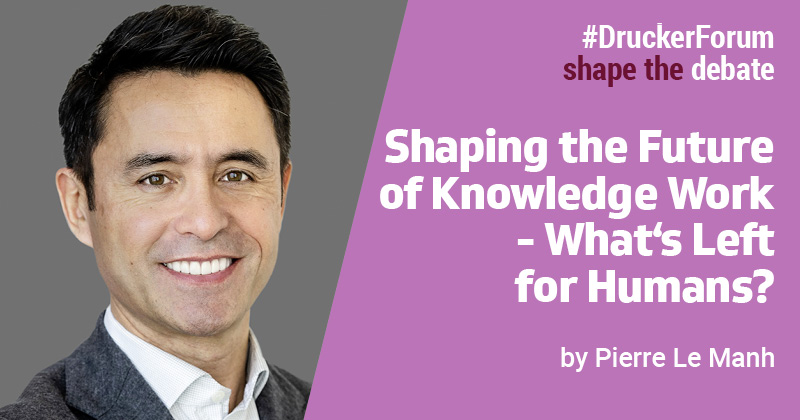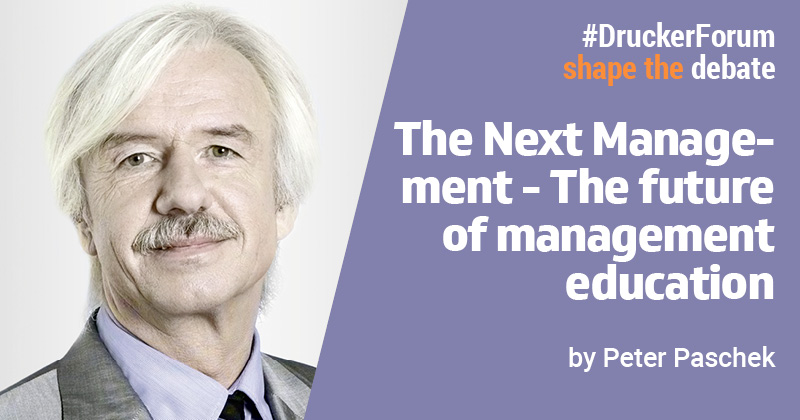More and more of the innovation opportunities and challenges in management today, from sustainability through to leveraging the potential of AI, require a range of capabilities and knowledge that no company has in-house today. As Frank Walter Steinmeier, President of Germany put it during the Covid pandemic: “No single entity covers the medical, economic, and political elements required to produce a vaccine for all.” Likewise, no single company has all the knowledge in-house to make buildings sustainable, enable the whole spectrum of industry to economically shift to renewable energy, move from vehicles to mobility solutions, or to integrate AI effectively into the lifeblood of organisations, to name just a few of today’s opportunities for both profit growth and societal benefit.[…]
Continue reading